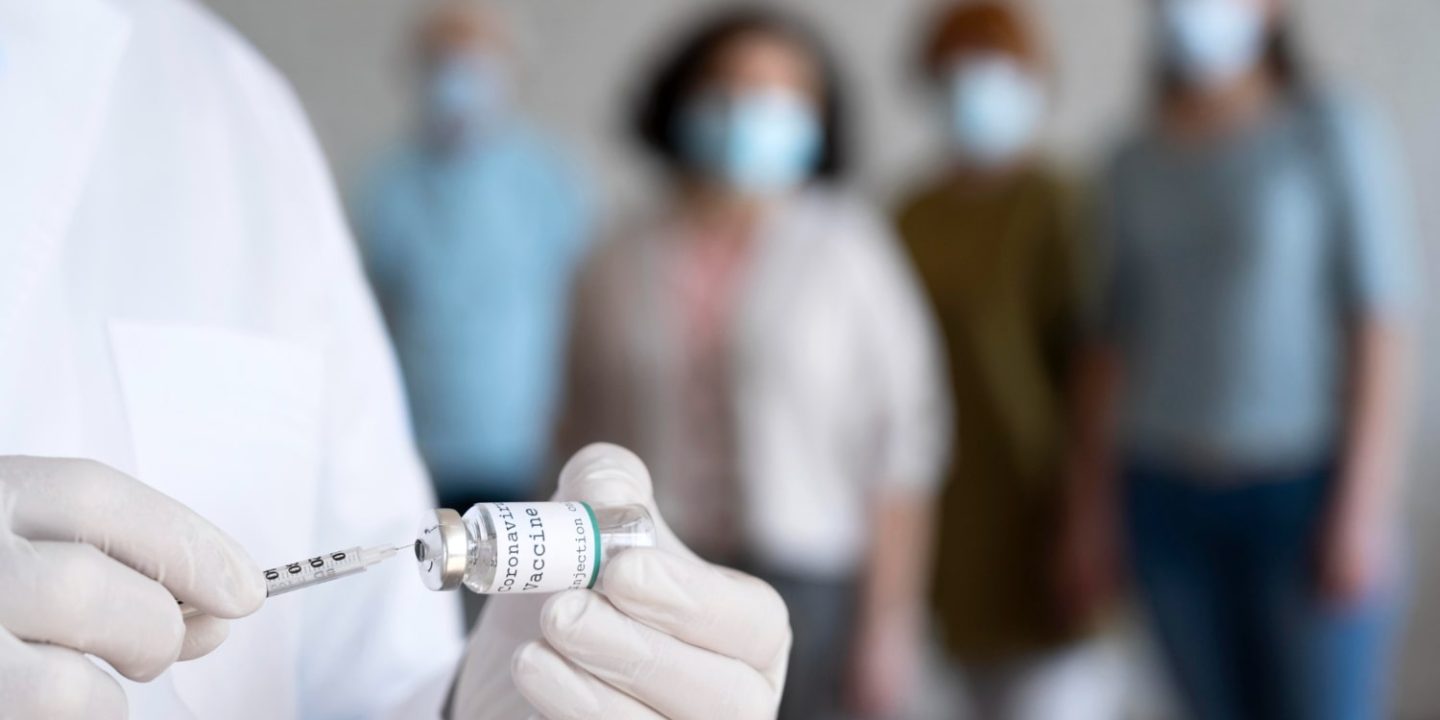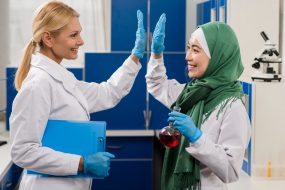
Dynavax Technologies is paying $30 million upfront for worldwide rights to Vaxart’s investigational oral COVID-19 vaccine, allowing it to review phase 2b trial data before deciding whether to proceed with further development.
The experimental vaccine program has been marked by interruptions in U.S. government support. The U.S. Biomedical Advanced Research and Development Authority (BARDA) is funding the phase 2b trial, but in February, the U.S. Department of Health and Human Services ordered Vaxart to halt work on the study. That decision was reversed in April, only for the company to again receive a stop-work notice in August.
Dynavax has moved to secure the asset during this period of uncertainty, paying $25 million upfront and investing an additional $5 million in Vaxart. The agreement grants Dynavax global rights to the oral vaccine and gives it flexibility to determine future investment after reviewing trial results. If the phase 2b data are promising, Dynavax can choose to continue development by paying an additional $50 million. Analysts at William Blair noted that the deal structure limits Dynavax’s spending until data demonstrating benefits over mRNA vaccines are available. They stated that “the $30 million upfront payment for the option gates the level of capital expenditures ahead of clear data showing benefits over mRNA-based vaccines.”
The phase 2b trial has enrolled about 5,400 participants, fewer than originally intended due to the reduction of government support. Vaxart expects to release top-line data late next year, which will compare the candidate’s efficacy against an injectable mRNA vaccine for preventing symptomatic COVID-19. Should Dynavax opt to advance the vaccine, it will be responsible for up to $195 million in regulatory milestone payments and an additional $425 million tied to commercial success.
Despite reduced enrollment, Dynavax CEO Ryan Spencer said during an earnings call that the ongoing study remains statistically sound. He explained that the trial is “adequately powered to demonstrate an improvement over the comparator mRNA vaccine.” Spencer said he sees a commercial opportunity for the vaccine despite the decline in the COVID-19 market. “We do believe that an improved vaccine, both with delivery mechanisms but also with underlying efficacy, has the opportunity to help grow the market,” he said.
For Vaxart, the agreement provides critical financial support. The company previously warned investors that the $26.3 million it held at the end of June would fund operations only into the first quarter of 2026. Layoffs earlier in the year reduced the workforce by 10% in March, followed by a further 21% cut in May and June.
Vaxart Chief Financial Officer Jeroen Grasman said the company’s remaining resources were essential for completing current studies and preparing for upcoming stages of its COVID-19, norovirus, and flu programs. Grasman added that cost-cutting alone was not enough to sustain progress and emphasized the need for new funding to advance development.
With government support uncertain and its Nasdaq listing abandoned, Vaxart identified the Dynavax deal as the way to secure its near-term future.







